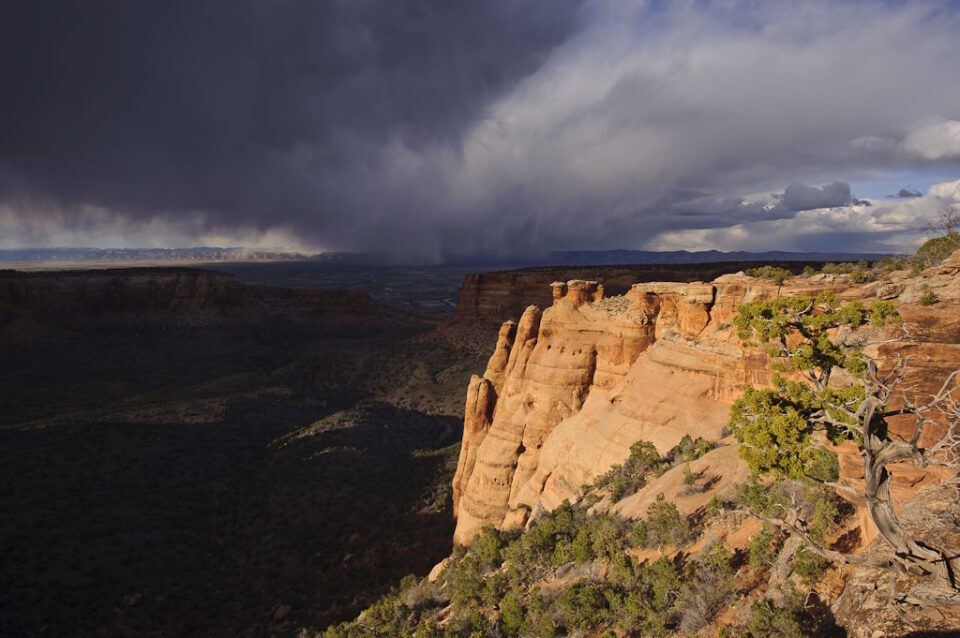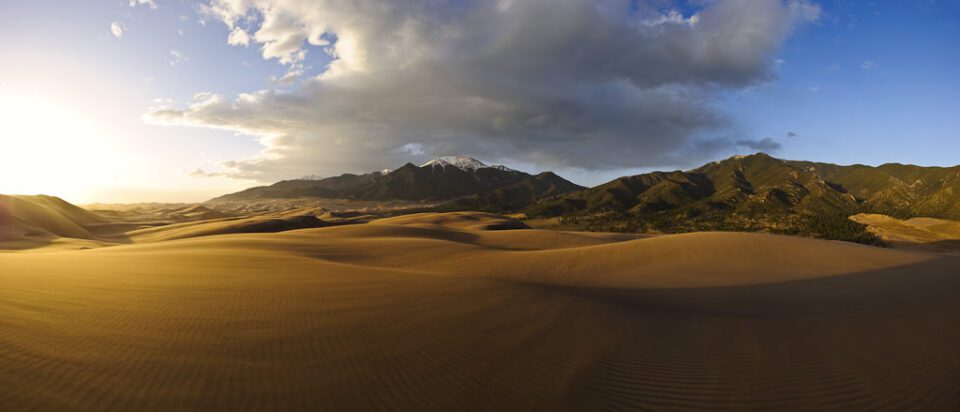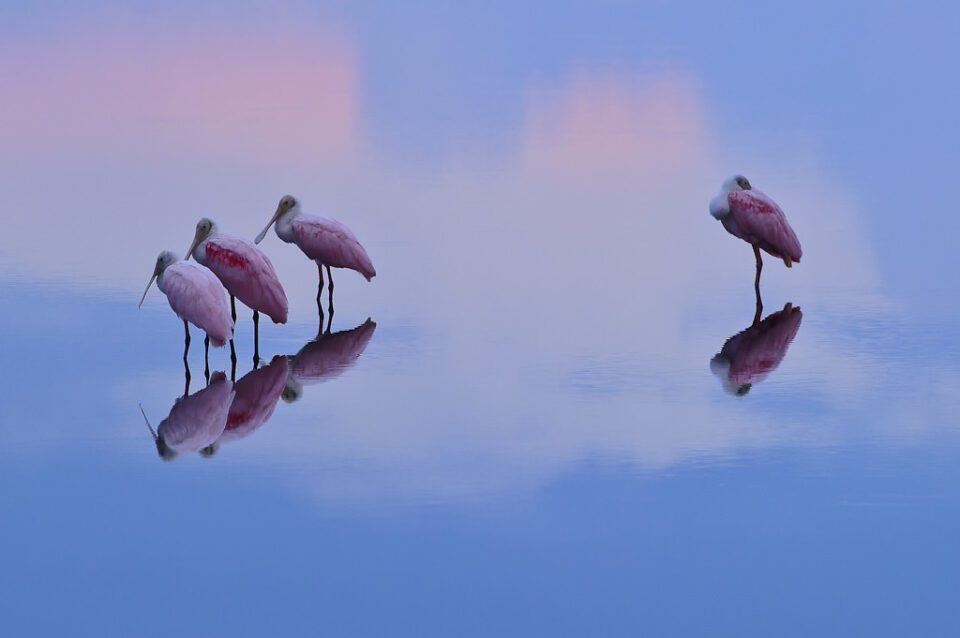I have been getting a lot of questions from your readers about whether they should choose a particular camera from Nikon, Cannon, Sony, Pentax or some other producer. These inquiries are only increasing with time, so I decided to post an article on which I think about different camera techniques and why you should go with a particular brand name versus others. Many of the questions are usually something like “ should I go for Nikon D5600 or Canon T7i” or even similar, with readers asking me personally to tell them why I would recommend or even pick a certain brand/type of a digital camera over another. When it comes to the question associated with Nikon vs Cannon vs Sony , there are lots of warmed debates over the Internet, so I wanted to discuss my personal thought on this subject matter too.
As you know, I have been primarily writing about Nikon – simply because just about all of my gear is through Nikon and it is the system of choice for me personally. Why don’ t I capture Canon or Sony? Is Nikon superior than these brands? Simply no, not really. Read on to understand why.

Lola and I used to have some debates upon camera gear in the past. She has been very impressed by the beautiful symbolism from wedding and portrait professional photographers that shot with Canon, pressing her to think that we had an substandard brand of choice. It took me some time to convince her that it was false and here is how I explained every thing to her, which I hope will help our own readers understand this topic in detail plus answer questions about different digital camera systems.
The camera is just a tool
What happens if you give the greatest set of painting tools to somebody who does not know how to paint, and a typical, much inferior set of tools to a great painter? Who is going to have a much better painting? The same rhetorical question will be valid for photography – in case you get a better camera, does it indicate that you will take better pictures? Simply no, I do not want to bring up an additional “ camera does not matter” discussion, since we are all getting tired of this.
You know what, on the other hand, let’ s discuss it for a second… does the camera truly issue? It does and it doesn’ t. For many people who use a camera for family pictures, the camera does not matter. For an hobbyist photographer or hobbyist, it does. For the professional photographer who makes a residing out of photography, it matters huge time. When somebody hands the crappy camera to a good professional photographer, he/she will most likely be able to utilize it completely and capture great pictures. Much like how a good painter is able to focus on a painting with a low-quality tools. However , no photographer would want to keep on working with low-end gear and no artist would want to use low-quality tools for years to come, since they know that the good tools perform help them tremendously in attaining the best results that differentiate all of them from the rest of the competition. Ansel Adams adored to work with the best gear for a cause – he knew how to drive it to its limits and obtain the best possible results.
We forgot where I heard or even read this story, but it obtained stuck in my head for a while. The storyplot goes like this. Two photographers are usually standing side by side and taking pictures – one is a professional photographer who the living selling his pictures as well as the other one is an amateur/hobbyist. The particular pro obviously shoots with a very costly camera and lenses, while the newbie is shooting with an average digital camera and a kit lens. The amateurish knows that the pro is popular and that he sells his images. At one point of time, he or she turns towards the pro and states “ sure enough, with gear like this I bet you can get great pictures that sell”. The pro attempts to convince the amateur that their camera is just his tool, however the amateur keeps insisting otherwise. In one point, the pro states to the amateur “ I will provide you with my camera gear and you produce yours. We shoot for several hours. The particular photographer that comes back with much better images gets to keep all digital camera gear”. Without much thinking, the amateurish just walks away…
So , when does the digital camera matter? If you are just getting into picture taking, I would say the camera you select does not matter. If you are an amateur or enthusiast and you shoot for pleasure, having reasonable to good photography skills, the particular camera you use does matter to some extent. If you are a pro making a living selling your own pictures, the type of camera you use is really important.
Sensor dimension matters. No matter what some individuals say, sensor size does issue. There is a significant difference between a tiny messf¨¹hler on a point and shoot digital camera and a DSLR or mirrorless full-frame sensor. Things like dynamic range, level of field, viewing angles plus noise all contribute to the overall high quality and perception of an image as well as the difference is quite apparent. This distinction is certainly smaller between full-frame plus cropped sensor cameras, but still sufficient to impact the look of the pictures.
Lenses issue. The type of lens you utilize, its focal length, aperture plus color rendition also play an enormous part in how the final picture comes out. You will never be able to isolate a topic with a point and shoot digital camera like you can with a 50mm f/1. 4 lens. You cannot replicate the result of a tilt/shift lens with an normal zoom lens.
The particular Photographer’ s Eye. Finally, you have to remember that a digital camera is just a tool in a photographer’ s i9000 bag. Without the photographer’ s set of skills, patience, vision, creativity, planning, time, lighting and post-processing, even the greatest camera in the world will not be able to make a good picture.

Different Camera Systems
Now let’ s discuss different camera systems that are available nowadays. Since the demand for DSLR plus mirrorless cameras has been increasing considerably (just pay attention to how many people bring DSLRs and mirrorless cameras within parks today), companies have been placing more money on R& D and much more players have been entering the expensive camera market. As of today, the current producers of mainstream DSLR and mirrorless cameras are: Canon, Nikon, Sony, Fuji, Pentax, Olympus, and Panasonic. With so many different brands and sorts of cameras to choose from, it is getting tougher to choose a particular brand over an additional.

So , which brand in case you invest in? Yes, you heard this right – invest. If you are planning to become serious about your photography, you will be purchasing more gear over time. Whether it is brand new cameras, lenses, filters, flashes or even memory cards, the type of the digital camera system you pick is important. If you create a wrong choice, it will be very costly to market all of your gear and replace this with a different brand. On top of that, you will need to spend some time to learn the new system and obtain used to it. So , going back towards the question on which brand should you purchase, I would pick between Nikon, Canon, Fuji, and Sony. Choose from these four brands and you won’ t go wrong. Nikon and Cannon certainly lead with the widest collection of cameras, lenses / accessories and also have the largest market share, but Sony provides invested heavily in its mirrorless selection (compared to the more recent Nikon Z . and Canon R mirrorless cameras). Fuji makes excellent X-series digital cameras with amazing image quality in addition to a good and growing selection of lens.

There are some other brands such as Olympus and Panasonic that have also been succeeding in the market. These two companies have been very successful with their Four Thirds plus Micro Four Thirds systems, especially for video, thanks to a solid choice of lenses, great cameras and their particular compact system size. Just like Sony and Fuji, they specialize in mirrorless cameras rather than DSLRs. Mirrorless is unquestionably the future, especially now that Nikon plus Canon have jumped in, because highlighted in my Mirrorless vs DSLR cameras article. So if you want to accept new technologies, definitely have a close up look at the mirrorless market.
Another thing you can do, is see if anybody you know already has an advanced digital camera and ask for their suggestion and suggest. If the person you are asking is an excellent photographer, it might be a good idea to buy the exact same brand camera, so that you could study from that person and even possibly borrow equipment in the future before you buy your own. This is very useful especially if the photographer is an expert – you won’ t need to surf the Internet for hours to understand some thing or make a decision.
The grass is definitely greener on the other side
No matter what camera system you pick or even use today, you most likely pay lots of attention to other brands. If you personal a Nikon camera, you take a look at Canon cameras and compare. In case you own other brands, you are probably taking a look at Nikon and Canon. The thing is, the particular grass is always greener on the other side with regards to cameras and lenses. The topic of Cannon vs Nikon, for example , always pops up between photographers. Nikonians look at a few of the Canon cameras and want a lot more megapixels, while Canonites look at a few of the Nikon cameras and want much less noise. Lens debates between both of these brands are also endless… At the end of the day, problem you should be asking yourself is, how much better would your pictures get in case you picked one brand over an additional (or switched from one brand in order to another). Most likely, the change will be very insignificant. You gain one thing plus lose another. What if one brand name comes up with a breakthrough product the next day. Are you going to switch or regret your own purchase decision?
It is all about a person
Again, consider your camera as your tool for your job. Without good technical abilities and creativity, no matter what camera program you use, you will never be able to capture anything at all good. Read, learn, learn and find out, then experiment and shoot a great deal – that’ s the only way to turn into a better photographer. Don’ t turn into a gearhead and buy more and more useless stuff you do not need. Once you become a better photographer, you will know exactly what you need to get the very best results.

Good luck! If you have any kind of questions or would like to leave several feedback, please do so in the feedback section below.
If you have enjoyed this article, please check out our own in-depth Degree 1 Photography Basics Course , where we explore all the fundamentals of photography in much more details. It is an intensive, 5+ hour training course with enough material to not just get you started today, but also in order to serve as a reference material later on.

